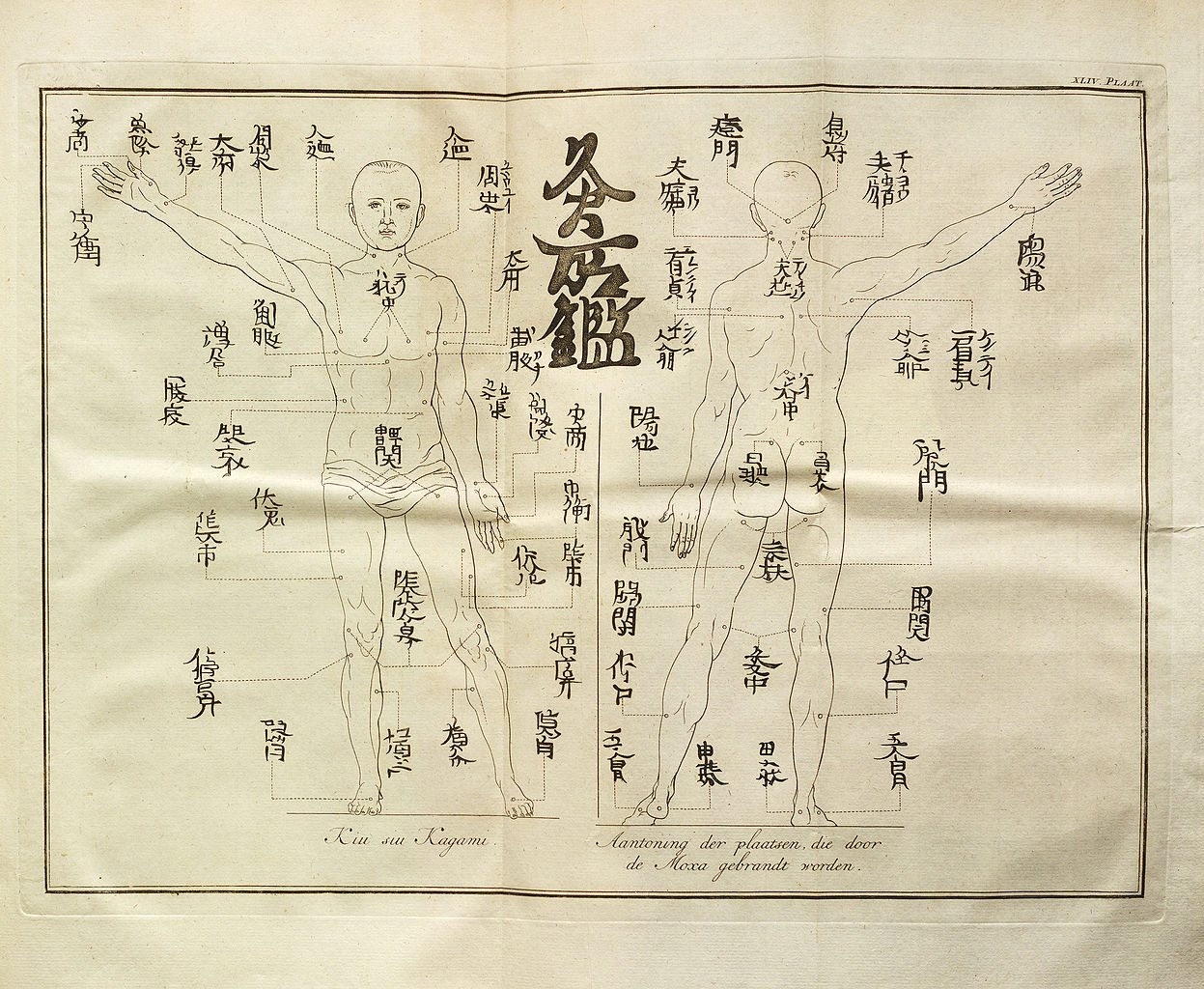Tag: acupuncture
Conflicts of Interest
When an article is published in a medical journal, the authors must disclose any conflicts of interest. This is important, because even if they think owning stock in the drug company won’t influence their scientific judgment, we know that subtle biases can creep in to somehow affect the findings of studies. It has been shown that studies funded by drug companies are...

The Forefather of Acupuncture Energetics, a Charlatan?
Not only his name and his titles of nobility were forged, but parts of the teachings of the man who introduced acupuncture to Europe were also invented. Even today, treatments are provided based on his fantasies. — Hanjo Lehmann1 Decades before President Nixon’s visit to communist China, and before the articles in the Western popular press on the use of acupuncture in...
The Hazards of “CAM”-Pandering
Steven Salzberg, a friend of this blog and Director of the Center for Bioinformatics and Computational Biology at the University of Maryland, is on the editorial boards of three of the many journals published by BioMed Central (BMC), an important source of open-access, peer-reviewed biomedical reports. He is disturbed by the presence of two other journals under the BMC umbrella: Chinese Medicine...
EMDR and Acupuncture – Selling Non-specific Effects
The scientific approach to understanding the world includes the process of carefully separating out variables and effects. Experiments, in fact, are designed specifically to control for variables. This can be especially challenging in medicine, since the body is a complex and variable system and there are always numerous factors at play. We often characterize the many variables that can influence the outcome...
Acupuncture Revisited
Believers in acupuncture claim it is supported by plenty of published scientific evidence. Critics disagree. Thousands of acupuncture studies have been done over the last several decades, with conflicting results. Even systematic reviews have disagreed with each other. The time had come to re-visit the entire body of acupuncture research and try to make sense out of it all. The indefatigable CAM...

An ICD Code for the Running Piglets!
… animals are divided into (a) those that belong to the emperor; (b) embalmed ones; (c) those that are trained; (d) suckling pigs; (e) mermaids; (f) fabulous ones; (g) stray dogs; (h) those that are included in this classification; (i) those that tremble as if they were mad; (j) innumerable ones; (k) those drawn with a very fine camel’s-hair brush; (l) etcetera;...
The Good Rewards of Bad Science
All the world sees us In grand style wherever we are; The big and the small Are infatuated with us: They run to our remedies And regard us as gods And to our prescriptions Principles and regimens, they submit themselves. Molière, The Imaginary Invalid (1673)1 The passage above is part of a burlesque doctoral conferment ceremony, where the French playwright Molière (1622-1673)...
California Forbids Chinese Bloodletting
In November 2010, the California Department of Consumer Affairs (DCA) finally decided to act responsibly and forbid the prevalent practice of Chinese bloodletting by licensed acupuncturists. The practice became a concern for the DCA when allegations of unsanitary bloodletting at a California (CA) acupuncture school surfaced. The incident allegedly occurred during a “doctoral” course for licensed practitioners. The instructor was reportedly demonstrating...
The Cargo Cult of Acupuncture
Bloodletting, of course, was a major aim of early vessel therapy and is frequently described in the Su wen.1 Paul U Unschuld “Cargo cult” is a metaphor that describes the act of imitating an activity or a practice without any insight into the underlying principles. In the literal sense, it refers to a magico-religious practice observed in tribal societies, where the members...
Acupuncture Pseudoscience in the New England Journal of Medicine
Here is the conclusion quoted from a recent New England Journal of Medicine (NEJM) review article on acupuncture for back pain: As noted above, the most recent wellpowered clinical trials of acupuncture for chronic low back pain showed that sham acupuncture was as effective as real acupuncture. The simplest explanation of such findings is that the specific therapeutic effects of acupuncture, if...

